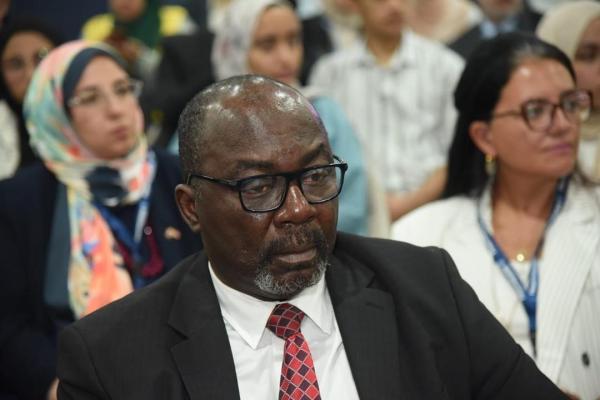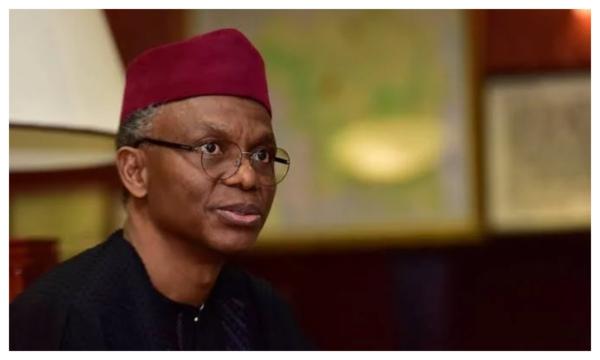
The Nigeria Labour Congress (NLC) has outlined job creation, local refining of oil, security as areas it hopes the President Buhari-led administration to confront.
The congress also said it will lend its support to legislations, policies and strategies that restore the immediate regular supply of petrol as well as guarantee long term sustainable availability through enhanced local refining capacity.
The NLC, in a document titled “The agenda of the NLC for president Buhari” which was signed by its president, Ayuba Wabba, also outlined minimum wage, diversification of economy and the probe of the power sector privatisation as areas the new government will critically look into.
The document which the union said will be presented to the government also called for the implementation of the Justice Mohammed Uwais Electoral Reform Panel constituted by late President Umaru Yar’Adua. It said the privatisation of the energy sector in the short term has achieved the exact opposite of what it set out to do and called for a full audit of the process, including tackling head-long the challenges responsible for the unending darkness.
“The economy continues to grow without jobs bringing benefits to only a few. We demand an economy that provides jobs and other benefits. Similarly, we demand a halt to the de-industrialisation process and the free fall of the naira. We believe the restoration of the textile industry will be a good starting point. The development of an industrial policy that revives and harnesses the potentials of iron and steel and petrochemical complexes as well as the founding of national ICT centres are both desirable and necessary.
“A coherent response to the national debt burden (put at N1.3 trillion) that ensures government’s obligation to the citizenry is not encumbered and the erection of stronger fiscal buffers are similarly necessary for stabilising and growing the economy,” the document read in part.
“On the social front, national security remains a major concern and requires an immediate solution that endures. In furtherance of this, the cognition of the underlying causes, the appreciation of the Gulf of Guinea and the North East as of core geo-strategic importance is essential.
“Youth and women continue to be the most vulnerable in the country. Legislation and policy that sufficiently empower them through quality education and productive employment is our concern.Natural and man-made disasters have created armies of refugees and destitute across the country. We therefore call on the government to constitute a National Trust Fund for Victims Support.Education and health services are in shambles and need a declaration of the state of emergency.A conservative national housing deficit of 20 million remains a national embarrassment which must be filled.
“Millions of unemployed youths constitute clear and present danger deserving of immediate arrest complete with introduction of full social and unemployment benefits.”
It stated that Corruption remains a national cancer that must be dealt with for the sake of national survival, stressing that the cost of governance at all levels including the Legislature is very high and morally reprehensible and must be brought down not through rationalisation of personnel but through wiping off of corruption and reduction of waste in the system.
On labour issues, it stated that while the country in recent times is confronted with apparent fiscal and structural challenges exacerbated by low returns on oil price, the agony of workers should not be compounded by making them sacrificial lambs of economic mismanagement.
It stated that, “Rather, the focus should be on job security and improving on the compensation structure as well as standardizing the social dialogue system to stem inequality and the brewing social discontent.
“The starting point should be to clear the outstanding wages of workers who have been denied payment of salaries ranging from two to eight months by all tiers of government. To argue that these wages will be kept in abeyance because they were owed by past governments will be unfair and unjust as we believe that government is a continuum.
“The National Minimum Wage negotiated in 2010 is legally due for a review. The case for a review is made compelling by spiraling inflation and the gross devaluation of the Naira, both of which have rendered the N18,000 meaningless.”






















